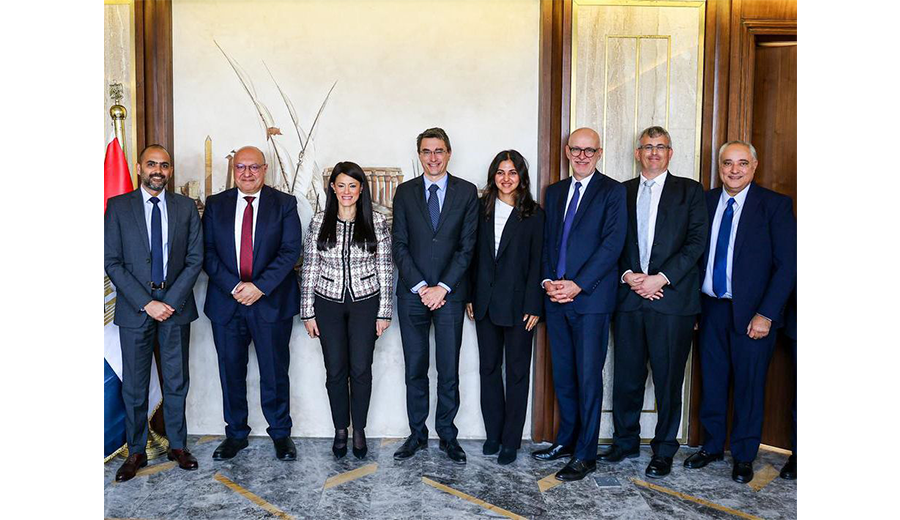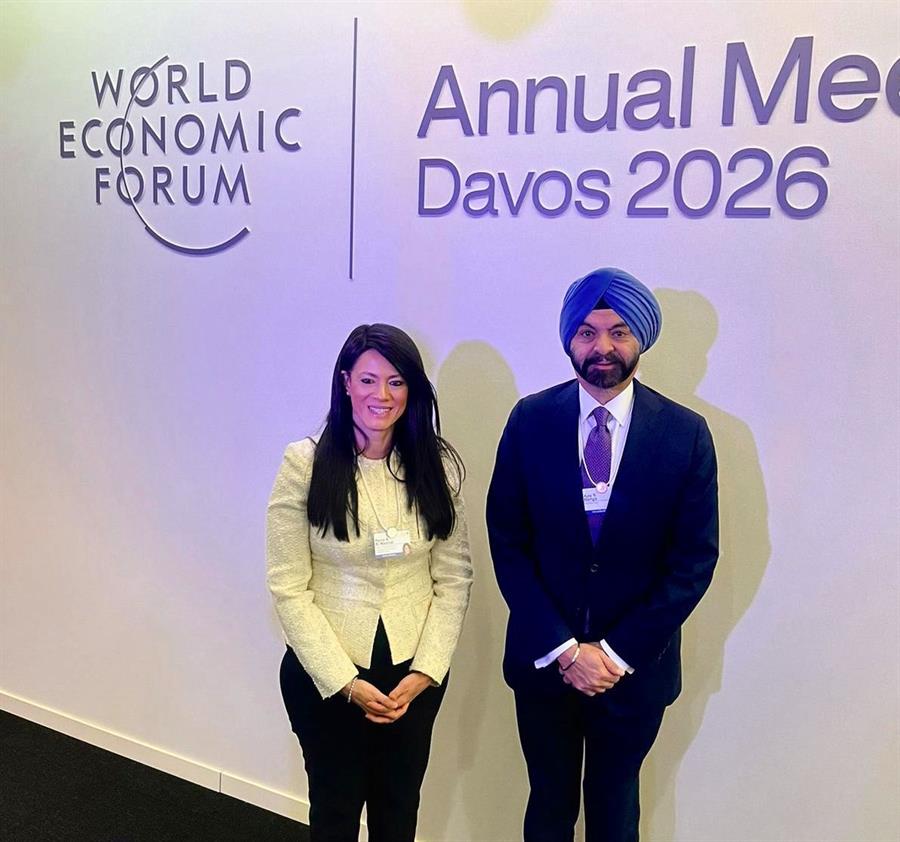Ministry of Planning Participates in Capacity Building Workshop on Statistics with OECD

02 July 2024
The Ministry of Planning and Economic Development, represented by Dr. Heba Youssef, Director of the Country Program Monitoring Unit, participated in a capacity building workshop on statistics related to research, development, and innovation. This workshop was part of the activities under the "Review of National Innovation Policies" project within Egypt's country program in collaboration with the Organization for Economic Co-operation and Development (OECD).
Dr. Heba Youssef emphasized the workshop's importance in enhancing data collection mechanisms for research, development, and innovation statistics in line with international best practices. She also highlighted the workshop's role in strengthening the institutional framework that enables the use of data in policy formulation.
Dr. Youssef pointed out that the workshop facilitated the exchange of perspectives among all stakeholders, contributing to the inclusion of Egypt's science, technology, and innovation statistics in the OECD databases. This inclusion is expected to enhance evidence-based policymaking and improve Egypt's rankings in relevant international indicators.
The workshop aimed to build the capacity of the Egyptian Observatory for Science, Technology, and Innovation by familiarizing participants with international experiences in surveys and data collection mechanisms related to research and development and relevant indicators. Participants included representatives from the Central Agency for Public Mobilization and Statistics, academics, research center representatives, and the observatory's university liaisons.









